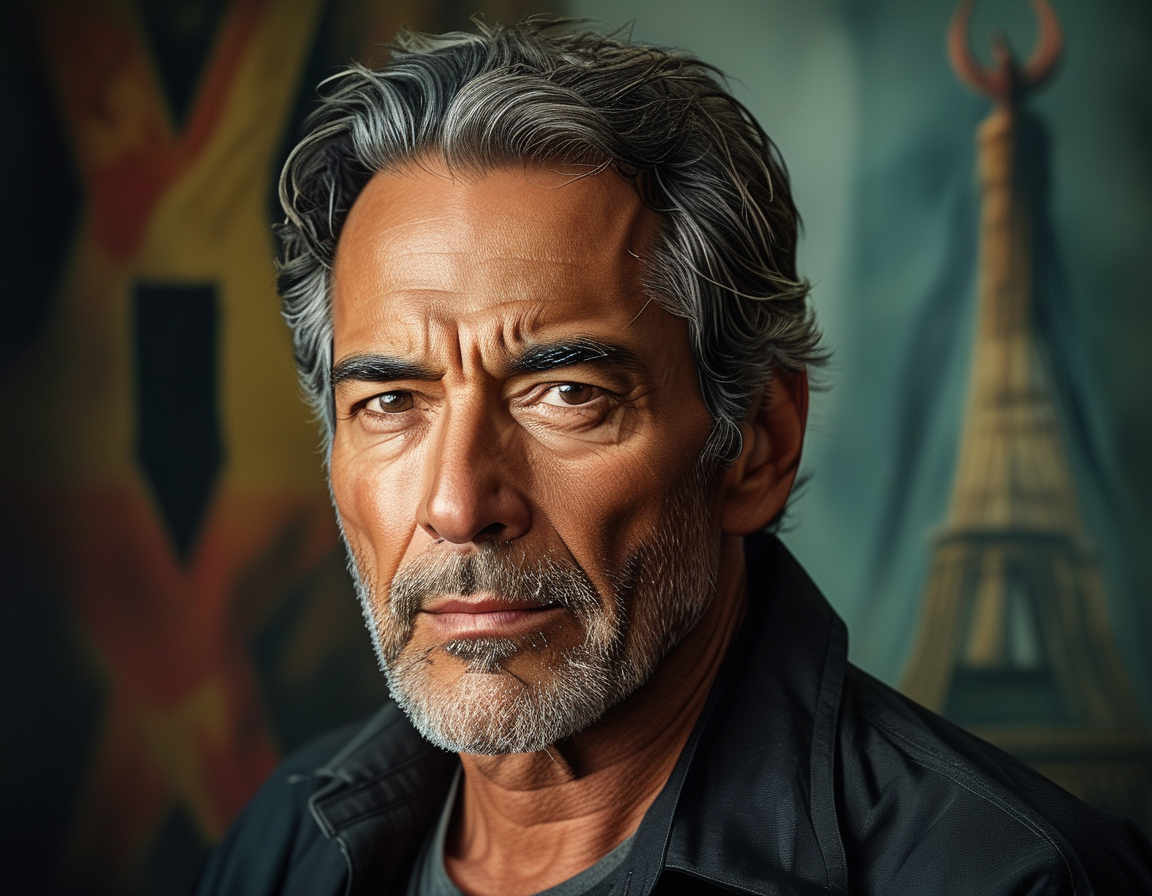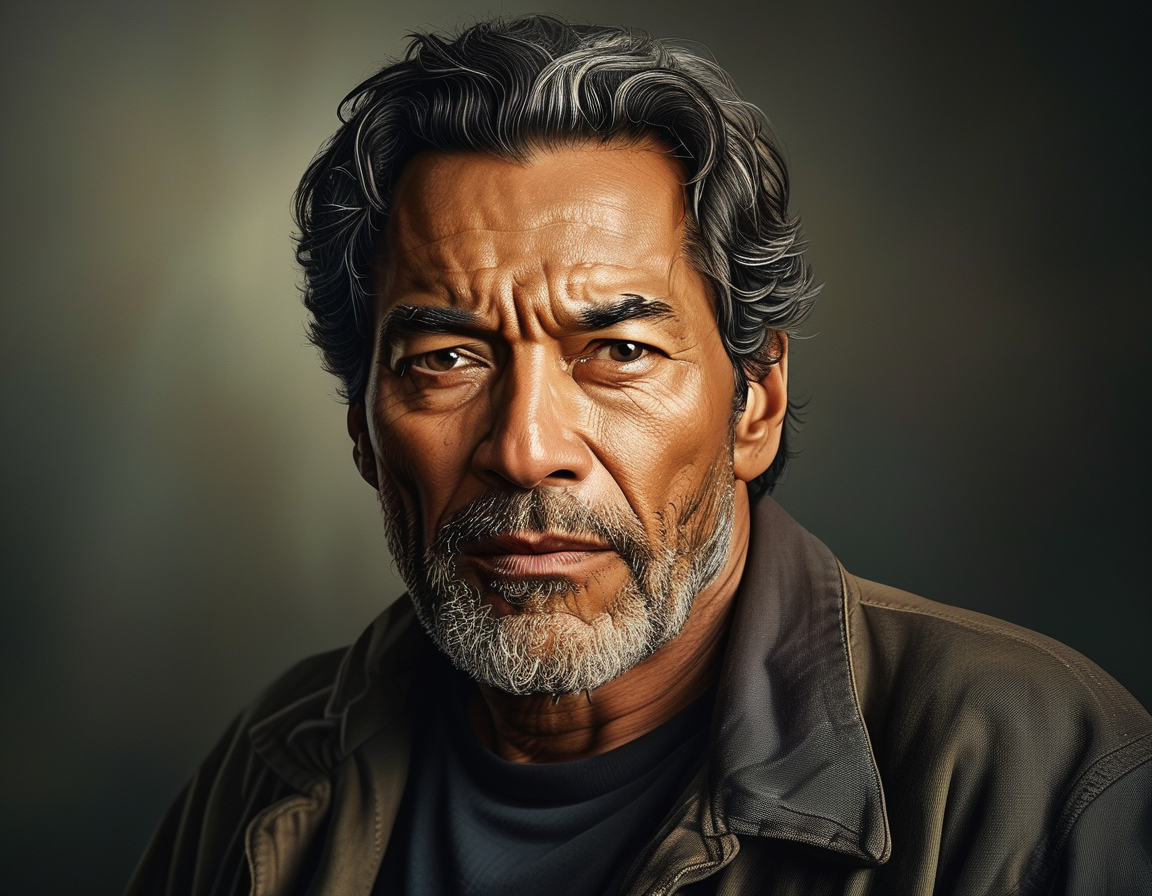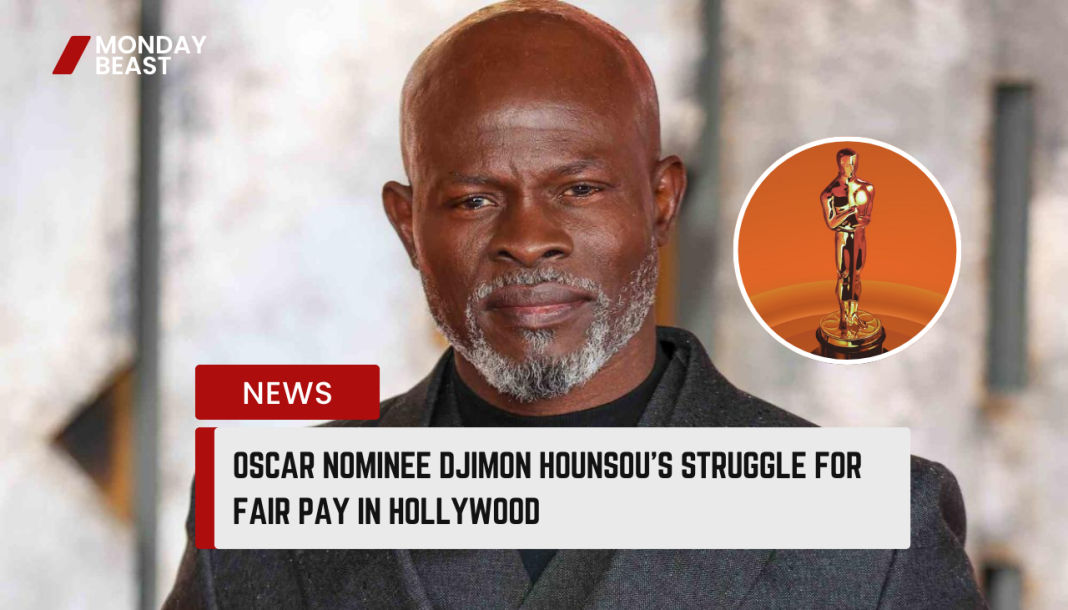Struggles in Hollywood
Djimon Hounsou’s words echo with a disheartening truth. Despite being a two-time Oscar nominee, the celebrated actor revealed that he still struggles to make a living in Hollywood. He has appeared in blockbuster films like ‘Amistad’ and ‘Blood Diamond,’ yet the financial rewards remain elusive. This stark reality raises an important question: Why is it that talent alone does not guarantee fair compensation?
In a recent interview, Hounsou expressed his frustrations candidly. ‘I’m still struggling to make a living,’ he said. It’s hard to fathom that an actor with such an impressive resume feels undervalued after two decades in the business. It leaves you wondering how many others share similar experiences. What does this say about the industry?
Breaking Down Barriers

Hounsou’s journey also highlights the systemic issues in Hollywood, particularly for actors of color. His experience during awards seasons has been particularly jarring. After receiving a Golden Globe nomination for his role as Cinqué in Spielberg’s ‘Amistad,’ the Academy Awards overlooked him. ‘They thought that I had just come off the boat and the streets,’ he recounted. It’s a sad reflection of the biases that still linger today.
There’s more than just talent at play here; societal perceptions shape opportunities and outcomes. Hounsou’s experience is not unique. Many in the industry face similar hurdles. So, what steps can be taken to create lasting change?
Voicing the Struggle
Throughout his career, Hounsou has been a vocal advocate for equitable treatment. He recalled a previous interview where he spoke on the issue of fair pay. ‘I still have to prove why I need to get paid,’ he mentioned. Yet it’s unsettling that even established stars like Viola Davis face wage discrimination. If someone with multiple prestigious awards struggles, what does that mean for others?

This raises a stark reality. Even in an industry where fame is almost a currency, merit alone doesn’t guarantee that you will be compensated fairly. It’s alarming. How many more stories are there just like Hounsou’s?
Inspiration from Adversity
However, Hounsou’s challenges have fueled his commitment to making a difference. His experiences inspired him to establish the Djimon Hounsou Foundation. The mission? To bridge the gap between the African diaspora and their heritage. It’s powerful to think how personal adversity can lead to collective action.
Hounsou shares that through his acting work, he realized the need for connection. “When you don’t know where you came from, you don’t know who you are,” he said. This sentiment is profound. It serves as a call to action for many Afro-descendants seeking identity and belonging.
A Future Fueled by Connection

The foundation aims to reconnect individuals with their roots. Hounsou envisions a future where identity flourishes through understanding of history. His words resonate deeply. The challenge remains: How do we collectively heal the wounds left by slavery?
Reflecting on Hounsou’s perspectives is a reminder of the work ahead. Systemic racism won’t disappear overnight. But with voices like his leading the charge, there’s hope. Can the industry change? Can it become a more equitable space?
Final Thoughts
As Djimon Hounsou continues to share his journey, it shines a light on crucial issues in Hollywood. It invites us to contemplate the larger framework of race, talent, and opportunity. As viewers and supporters of the arts, we must challenge the status quo. What can we do today to support fair representation and compensation?
It’s a conversation that needs our attention. Hounsou’s story may just be the tip of the iceberg. What else is out there waiting to be uncovered? Let’s listen, learn, and advocate for change. The film industry—and our society at large—cannot afford to ignore these critical issues any longer.




